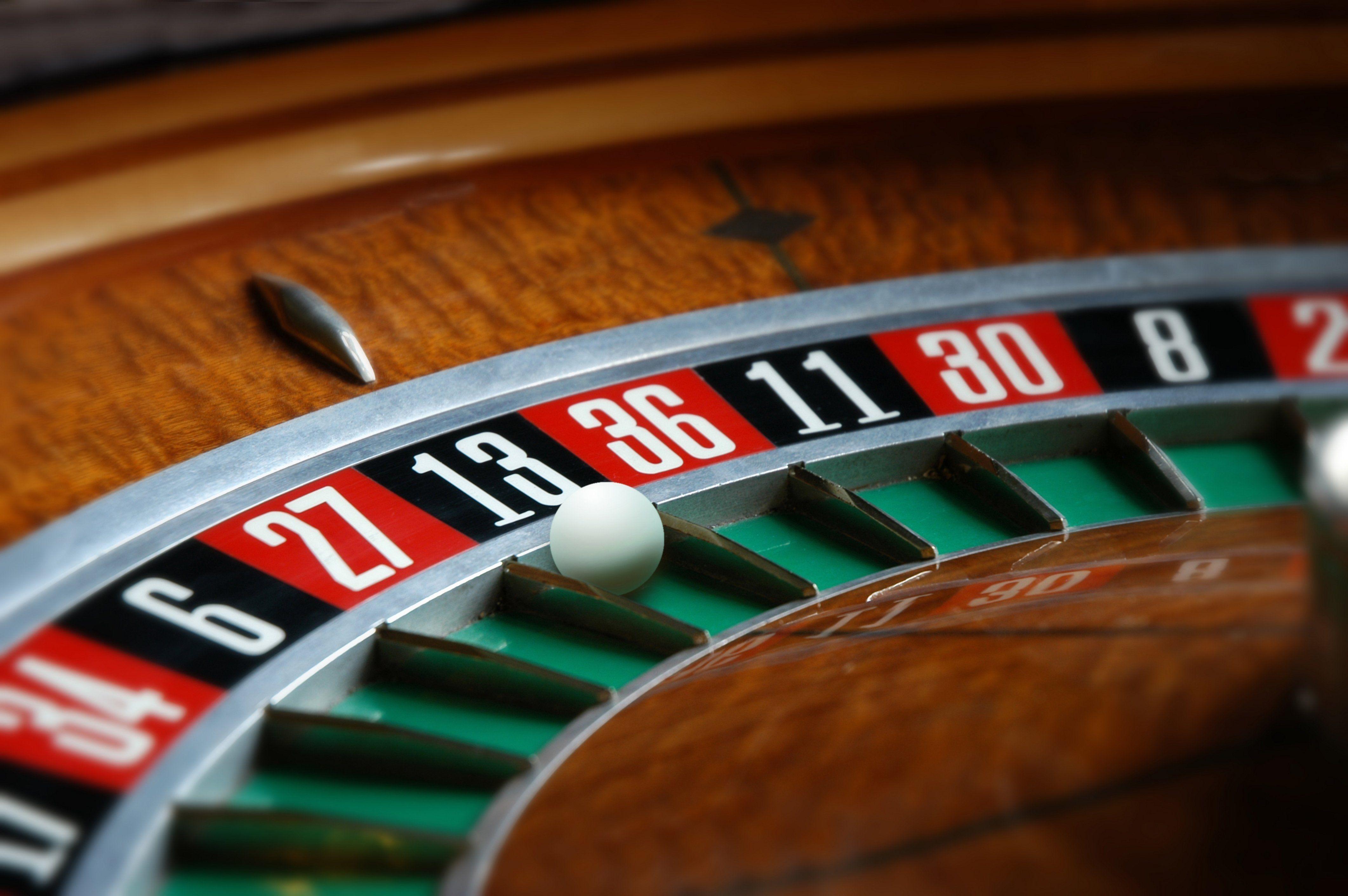
Casino games have long enthralled players from all parts of society, drawing them into vibrant casinos filled with the sounds of spinning wheels, clattering chips, and cheering crowds. The thrill of chance and the allure of potential winnings create an exhilarating atmosphere that keeps players returning for more. Whether it is the excitement of a slot machine, the thoughtful play of poker, or the anticipation of a roulette wheel, casino games offer a unique combination of entertainment and risk that can be hard to ignore.
At the heart of this fascination lies a mental pull that varies from person to person. For some, the rush of hitting a jackpot can elevate their mood, while for many, it’s a social experience that brings friends together. The colorful visuals, engaging sounds, and sometimes lavish environments of casinos further enhance the appeal, making each visit an adventure waiting to unfold. As we delve into why gamblers are drawn to these games, we uncover the underlying motivations and emotions that fuel their passion for the betting tables.
The Psychology of Gambling
The attraction of casino games frequently arises from the nuanced psychology of gambling as a whole. Many individuals are attracted to the thrill of risking money for the chance of winning more, as it speaks to a innate human desire for excitement and gain. This rush can create a significant emotional experience. The combination of risk and potential monetary gain can trigger a release of dopamine, making players feel alive.
Furthermore, the design of casino games is designed to hold players involved. The use of bright lights, enthralling sounds, and the social atmosphere of casinos can amplify the excitement. Players frequently find themselves submerged in these settings, where the anticipation of a win draws them back repeatedly. This sensory engagement encourages prolonged play, as the immediate feedback from wins, however insignificant, reinforces the desire to keep playing.
Finally, cognitive biases play a crucial role in gambling behavior. Many gamblers fall prey to the belief in control, believing they can affect outcomes even in games of chance. This mindset can lead to overoptimism and the propensity to keep playing, despite accumulating losses. Additionally, gamblers typically recall their wins better than their losses, which can alter their understanding and intensify the desire to gamble more. This multifaceted interplay between emotions and cognitive factors helps explain why so many are drawn to casino games.
The Attraction of Gaming Atmospheres
The atmosphere of a gaming venue is distinctively enthralling, luring in gamblers with its combination of thrill and eagerness. The sights and sounds of twirling gaming machines, excited players, and the steady clinking of chips create an engaging experience that is difficult to resist. trực tiếp bóng đá The lively illuminations and dynamic design foster a sense of excitement that keeps players involved and invites them to remain for longer periods. This contagious setting contributes to the overall allure of gambling activities, enticing both new and veteran gamblers alike.
In addition, gambling venues are engineered to engage the sensory experience in a manner that makes players feel as though they are embarking on a exciting expedition. The thoughtful positioning of entertainment choices, cozy chairs, and complimentary drinks enhance the overall experience, making gamblers feel cherished and spoiled. Many gaming centers also feature decorative furnishings and lavish designs that carry visitors to different worlds, amplifying the buzz. Such settings foster a notion of freedom, allowing players to forget their mundane routines and immerse into the exhilarating world of gambling.
In conclusion, the presence of other players amplifies the communal aspect of gaming, creating a collective excitement. Connections among participants, be it through light-hearted chitchat or mutual joy during a big win, cultivate a sense of togetherness that many find attractive. This social interaction enhances the adventure of participating in gaming games, transforming it from a solitary activity into a collective experience. The combination of excitement, immersive environments, and communal connections makes gaming venues an unmissable spot for gamblers desiring recreation and a chance to gain.
Understanding Game Dynamics
Casino games are engineered with distinct mechanics that captivate players. All games has its unique set of rules, stake frameworks, and probability ratios, allowing players to engage with the game on multiple levels. The thrill of making a bet and the anticipation of the outcome creates an thrilling atmosphere. Understanding these mechanics can enhance a player’s appreciation for the game and elevate their overall experience.
A further crucial aspect of game mechanics is the idea of randomness. Many casino games, especially poker machines and table games, rely on random number generators or shuffling to determine outcomes. This randomness is what keeps players returning; the unpredictable nature of the game creates a sense of hope and excitement. Knowing that each round or turn is independent of the last contributes to the appeal, as players perceive they have a chance at winning, regardless of past outcomes.
In conclusion, the emotional response connected with game mechanics should not be underestimated. The excitement of a big win or the tension during decisive moments are integral to the enjoyment of casino games. These emotional highs and lows exploit psychological triggers that keep players engaged for prolonged periods. Understanding these emotional responses to game mechanics can help explain why players are attracted to the thrill of casino games, continually seeking that next exhilarating moment.
